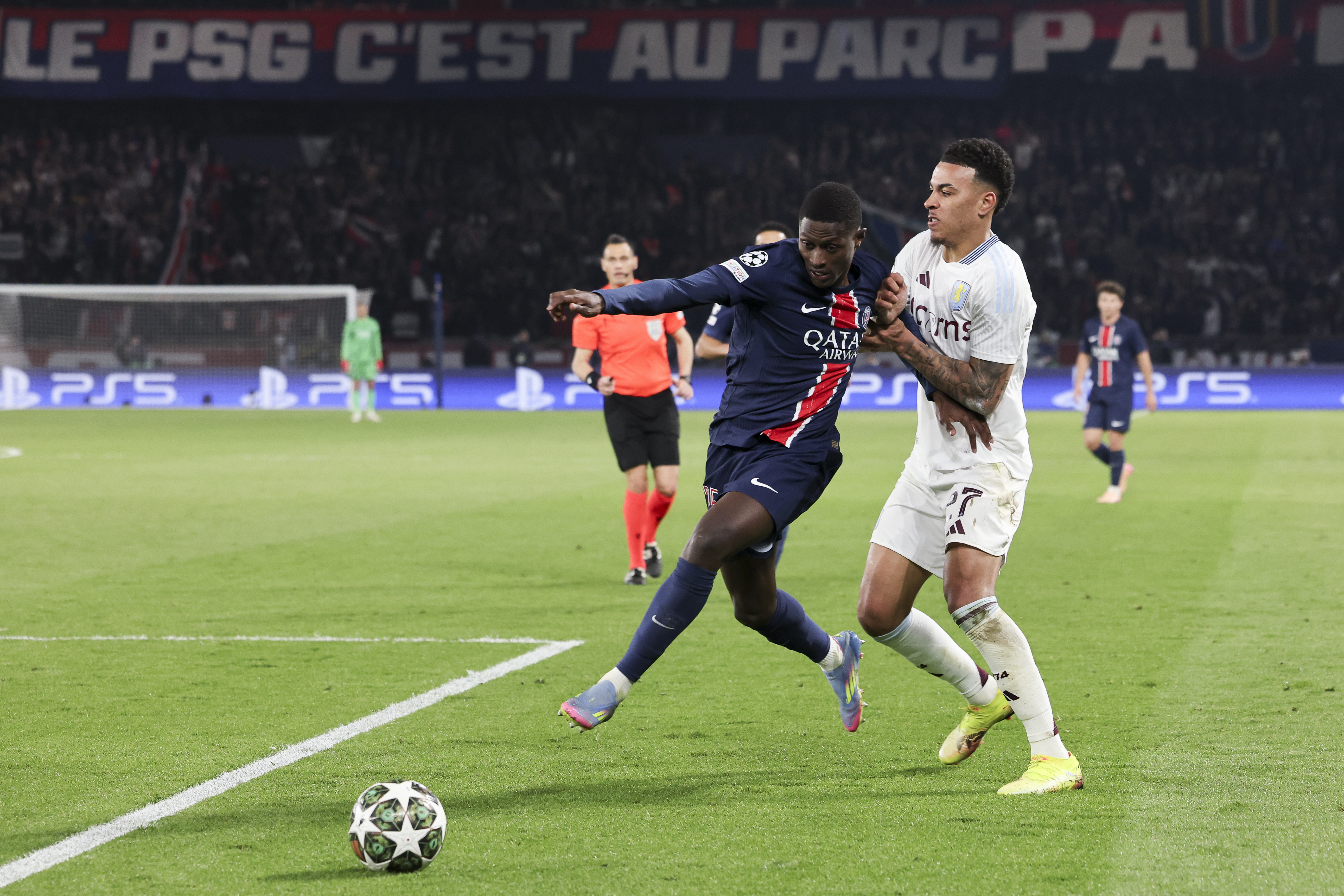Every Premier League club's biggest strength and weakness in 2017/18
From Arsenal’s midfield to West Ham’s depth, Seb Stafford-Bloor previews the upcoming season by examining each side’s most notable plus and minus
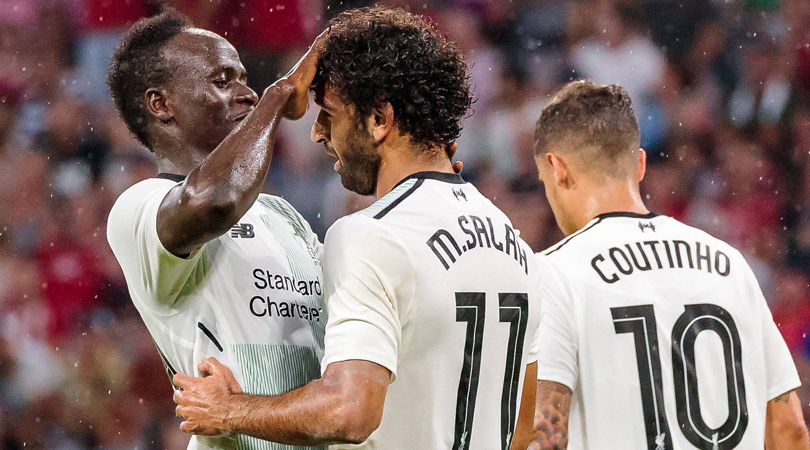
Arsenal
Strength: Probably the variety of options in attacking midfield. The anchoring position remains a little problematic, with nobody really sure whether Francis Coquelin is quite good enough to fill it, but further forward the range is deep and useful.
Mesut Ozil and Alexis Sanchez are the headliners, but Arsene Wenger can deploy any of Alex Iwobi, Theo Walcott and Alex Oxlade-Chamberlain to contrasting effect, with Danny Welbeck and Aaron Ramsey also capable of moonlighting in similar areas. The emergence of 17-year-old Reiss Nelson is also intriguing, although probably not quite relevant to the season ahead.
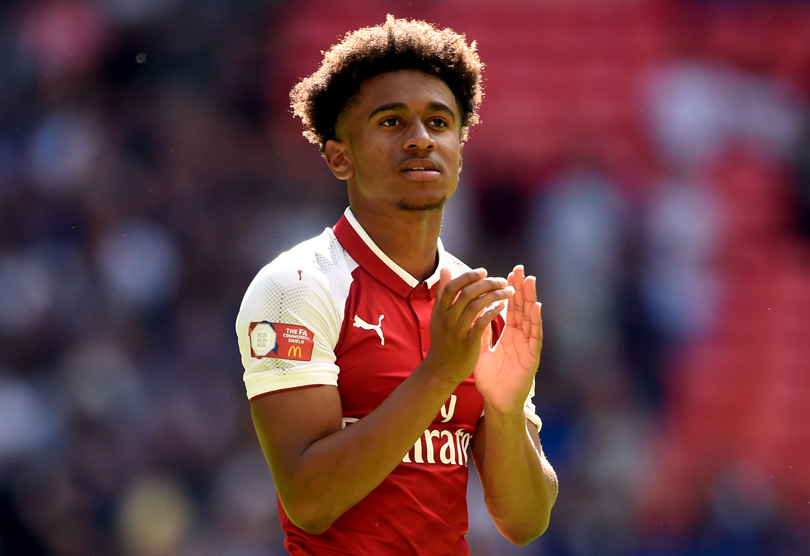
Weakness: Defensive stability. Arsenal’s pre-season has been full of experimentation. As recently as the Emirates Cup at the end of July, Arsene Wenger was still trialing a back-three system which employed Mohamed Elneny at its centre. It looked fashionable, it proved that Wenger is open to change, but it didn’t necessarily work. Shkodran Mustafi is still unavailable, so that perhaps confuses the issue, but the lack of a definitive pairing (or trio) so close to the season is a worry.
Bournemouth
Strength: Their forwards. Eddie Howe was accused of overpaying for Jermain Defoe but, while the reported salary and signing-on figures were startling for a player in his mid-30s, he does now have a broad range of abilities at the top of the pitch.
Josh King may not be a pure forward, but he provides many of the same functions; Benik Afobe brings a more traditional, physical threat; while Callum Wilson, though probably now third or fourth choice, is an underrated finisher. Adding Defoe obviously came at a price, but his arrival has Bournemouth looking far more dexterous.
Get FourFourTwo Newsletter
The best features, fun and footballing quizzes, straight to your inbox every week.
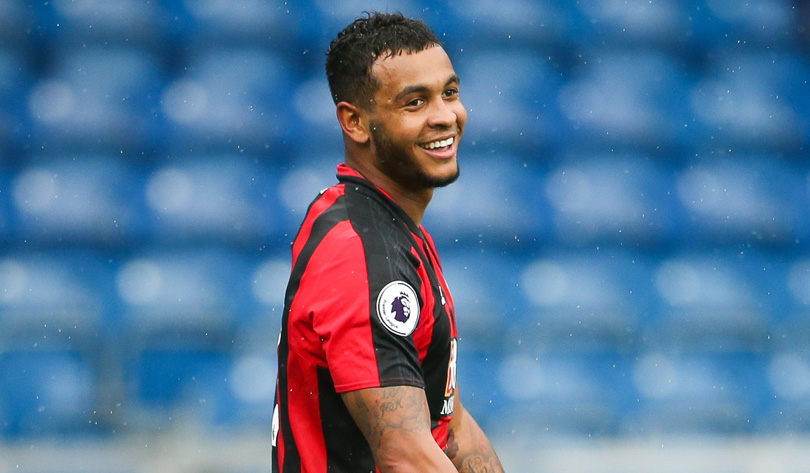
Weakness: Still the defence. Versatile 22-year-old Nathan Ake and goalkeeper Asmir Begovic have arrived and will help, but the suspicion remains that Bournemouth’s players at the back just aren’t quite good enough. They’ve adapted to their new environment well enough to stay in the division, but they routinely look outmatched against the better sides.
Burnley
Strength: Their home form. Fortress Turf Moor became a bit of myth at the end of last season: Burnley have only won three Premier League games at home in 2017. Nevertheless, lovely traditional ground (with splendid views) though it may be, most teams don’t seem to enjoy their visit.
Admittedly, it’s only a relative strength. Burnley’s home form is good and important because their away performances - not just last year, but in their entire Premier League history - have been dreadful. If they're to see a third Premier League season in succession, their survival efforts will again have to begin at Turf Moor.
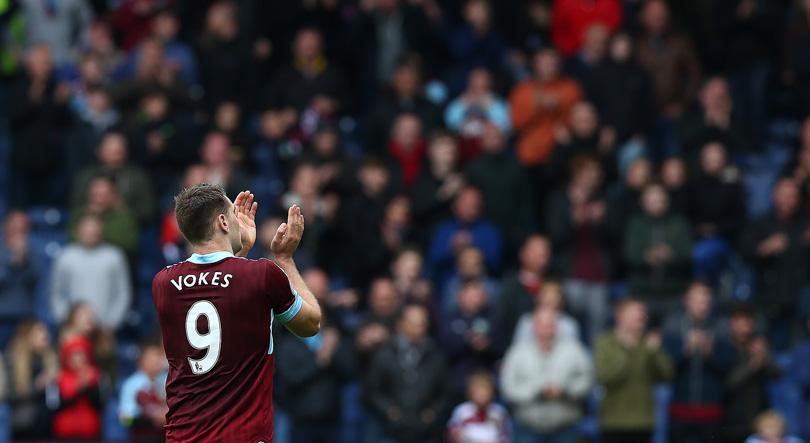
Weakness: Midfielder Jack Cork has arrived from Swansea, but he’s not a signing which solves Sean Dyche’s biggest issue: his team don’t create enough chances. In fact, if their ‘possession, possession, move the ball wide’ method doesn’t succeed, they don’t seem to have an alternative approach.
Brighton
Strength: Individual quality, the type which wins Premier League points, is going to be an issue. Newly promoted teams have survived because of their cohesion before, but Anthony Knockaert will have to produce an excellent season if Brighton are to survive.
The good news is that he’s equipped for the challenge. A delicate but driven player with the ball at his feet, he’s capable of making the sort of impact that Riyad Mahrez did when he emerged from the Football League. It didn't work out for Knockaert with Leicester in 2014/15, but he's come on tremendously since then.
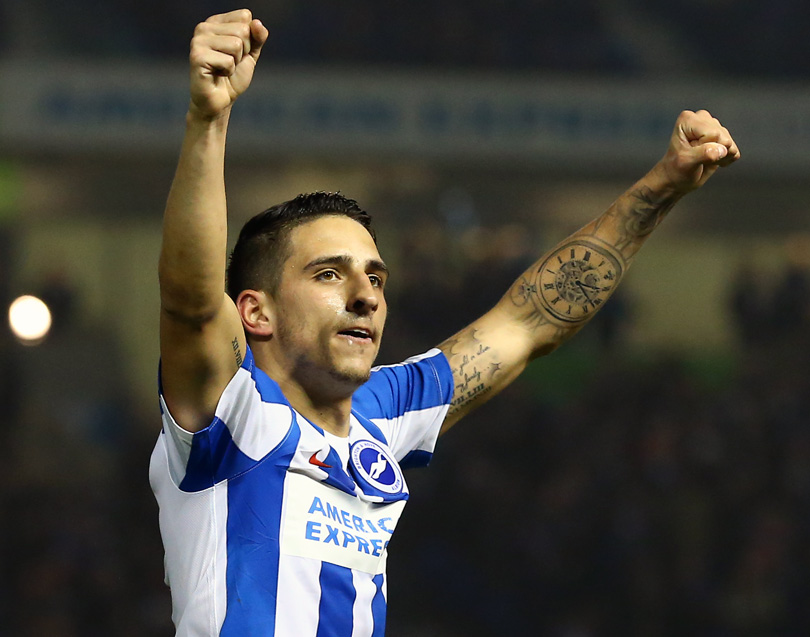
Weakness: Goals. Where are they coming from? Glenn Murray scored 23 times last season and was front and centre of Brighton’s promotion push. On past evidence, he won’t come close to that number at the level above.
Chelsea
Strength: Antonio Conte’s iron-clad structure. Chelsea are not a flair team. They may possess players capable of picking locks and pirouetting through gaps, but that’s the velvet glove around their iron fist.
Last season, their success - after the B.C./A.D. crossover at the Emirates - was predicated on locking opponents in their own half for long periods and controlling the centre of the pitch. They stretch the field with their aggressive wing-backs and when defences spread themselves to meet that threat, Conte has the attacking players to exploit the gaps. They won the title last season because they were, by far, the most stable and well-coached team in the division and nobody should expect that to change.
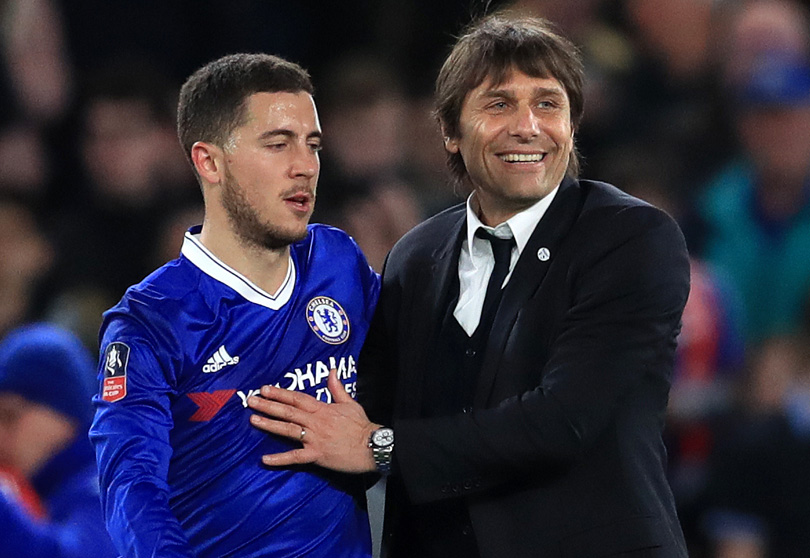
Weakness: No matter what anybody thinks about Diego Costa, Chelsea will certainly lose something with his departure. The goals and the combinations with Eden Hazard and Pedro will be an obvious miss, but so too his attitude. Costa is a snarling beast of a forward and Alvaro Morata isn’t in any way comparable.
That isn’t to say that he’s an inferior player - in fact, despite what we saw at the Community Shield, he might be a better finisher - but the change and subsequent disruption to the chemistry will be something which has to be overcome.
Crystal Palace
Strength: Their attacking trident. Somewhere between Tony Pulis, Neil Warnock and Alan Pardew, Palace became one of the most lopsided teams in the division. An ageing, porous defence was gradually masked by one of the more talented offensive trios in the country. Yes, there are imperfections to Wilfried Zaha, Christian Benteke and Andros Townsend – and perhaps they are overly suited to a counter-attacking approach – but they possess enough collective ability to be a problem for most defences.
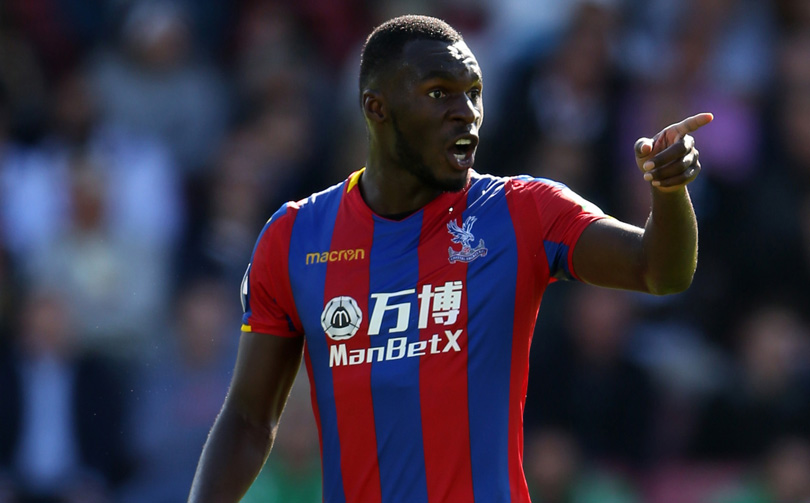
Weakness: Steve Mandanda’s Premier League career was short and baffling - and he’s now returned to France having played just nine games. It leaves Wayne Hennessey as Frank de Boer’s first-choice goalkeeper by default, which is a situation that must be remedied before the transfer window shuts.
Everton
Strength: Midfield. Looking back over Ronald Koeman’s managerial career, it’s evident that he prioritises the centre of the pitch. His teams typically protect their defence well and, though not necessarily particularly expressive, quickly become difficult to beat by frothing the middle-third waters.
Adding Netherlands international Davy Klaassen to a unit which already includes James McCarthy, Tom Davies, Morgan Schneiderlin – plus the returning Muhamed Besic – only serves to improve an already strong area.
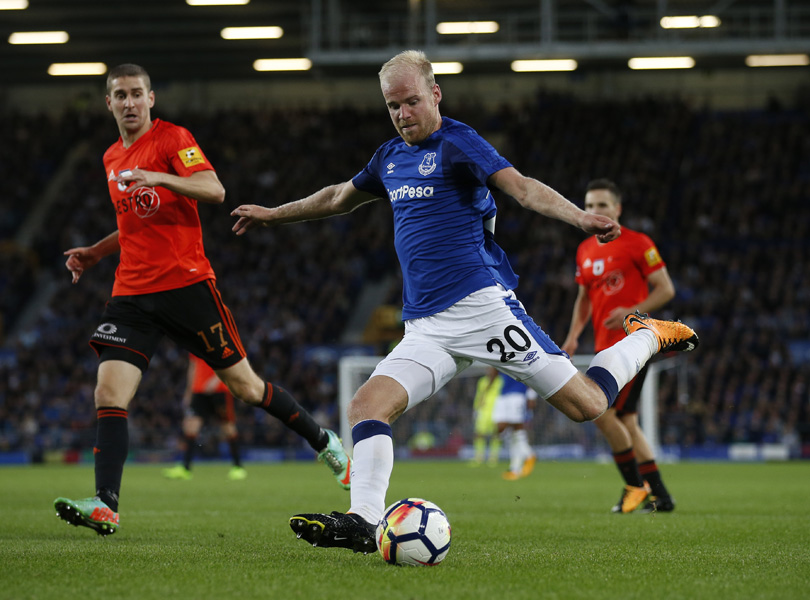
Weakness: Wayne Rooney. Not because he’s a bad player, but because the attention he’ll draw will become draining extremely quickly. Rooney is well past his best, but remains a national point of interest; Koeman will be batting away questions about his ‘best role’ by the middle of September. It’s a deserved victory lap for the player and a nice story, but it’s a poor transfer which will serve little real purpose.
Huddersfield
Strength: A new partnership in midfield. Aaron Mooy was important to David Wagner last season, and so his permanent signing has been good business. It’s also interesting to note the club’s pursuit and capture of American midfielder Danny Williams from Reading. Williams was outstanding in the Championship play-off final, tracking the ball relentlessly. He will prove a valuable asset in the Premier League.
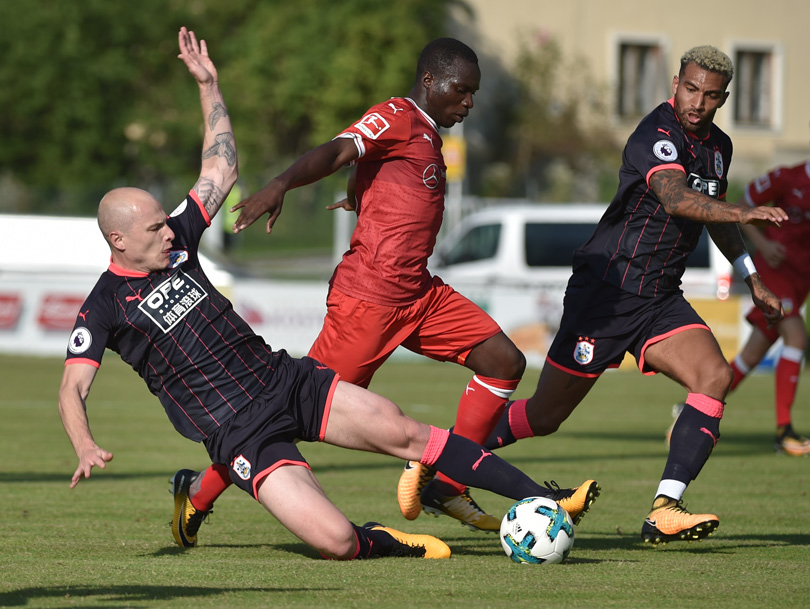
Weakness: Goals are a problem here, too. Elias Kachunga looks a fine player, but is more of a winger than an outright forward, while Nahki Wells is (revealingly) available for transfer. Steve Mounie has joined from Montpellier and Laurent Depoitre has been rescued from Porto, so Wagner certainly acknowledges the weakness and has tried to fix it. Both players will need to transition smoothly if Huddersfield are to put enough points on the board to stay up.
Leicester
Strength: It should be the Jamie Vardy/Riyad Mahrez partnership, but the latter is expected to leave before the new season begins. Elsewhere, though, Leicester’s midfield looks strong.
Danny Drinkwater is subject of reported interest from Chelsea but should stay, while Wilfred Ndidi is one of the most talented young players in the division and should be recognised as such before the season’s over. Vicente Iborra has also been added from Sevilla, bringing some much-needed depth to the position.
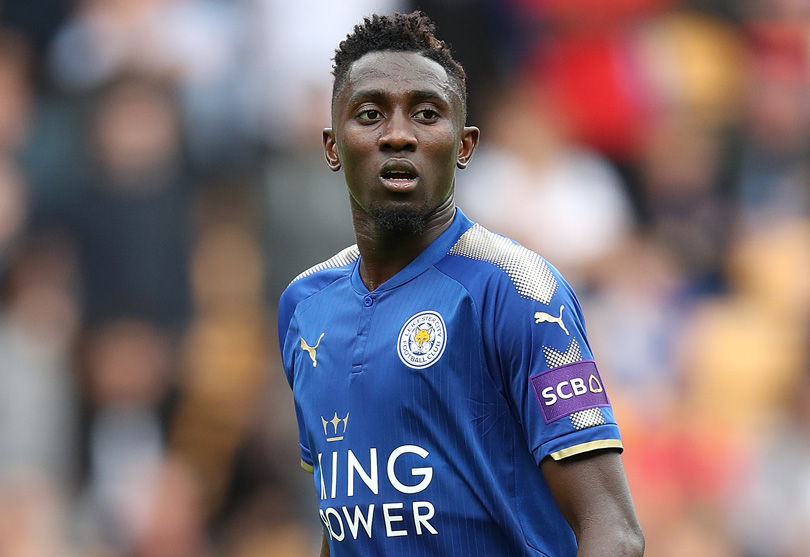
Weakness: The full-backs aren’t convincing. Harry Maguire has been signed and will bolster options beyond a creaking centre-back pairing, but Danny Simpson could be improved upon in an attacking sense and Christian Fuchs is now the wrong side of 30. The 20-year-old Ben Chilwell, one of England’s standouts in the European U21 Championship, has a chance of dislodging Fuchs before much longer.
Liverpool
Strength: It’s hard not to like the Mohamed Salah deal. He’s not the kind of player who delivers titles or trophies on his own, but his arrival doubles Liverpool’s supply of the attributes that previously only Sadio Mane provided. Jurgen Klopp needs those qualities, his team looked desperately blunt without them, and so Salah’s arrival will protect their attacking rhythm.
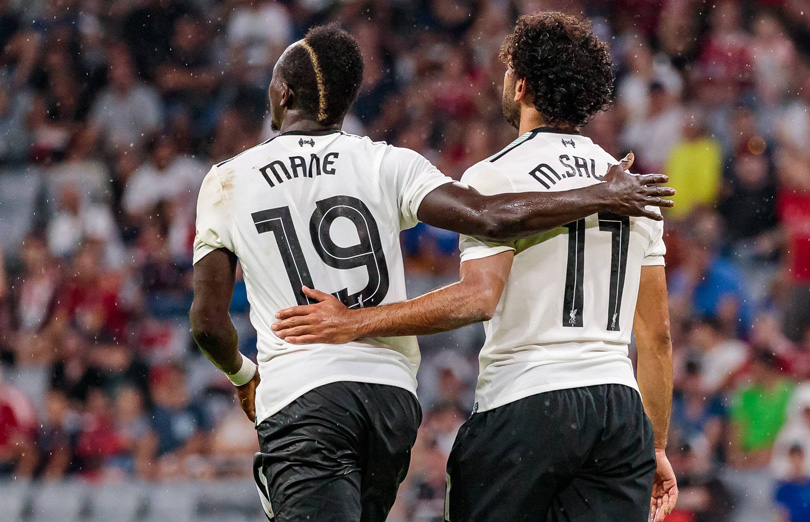
Weakness: Seasons come and seasons go, but Liverpool never remedy their goalkeeping problem. Not to be unkind, but how many times must they learn this lesson before they address it?
Manchester City
Strength: Surely the forward line. Sergio Aguero, Gabriel Jesus, Kevin De Bruyne, Silva (David), Silva (Bernardo), Raheem Sterling and Leroy Sane. If Pep Guardiola can’t build a title-winning side from that attack, with the additional strengthening at full-back, he will inarguably have failed.
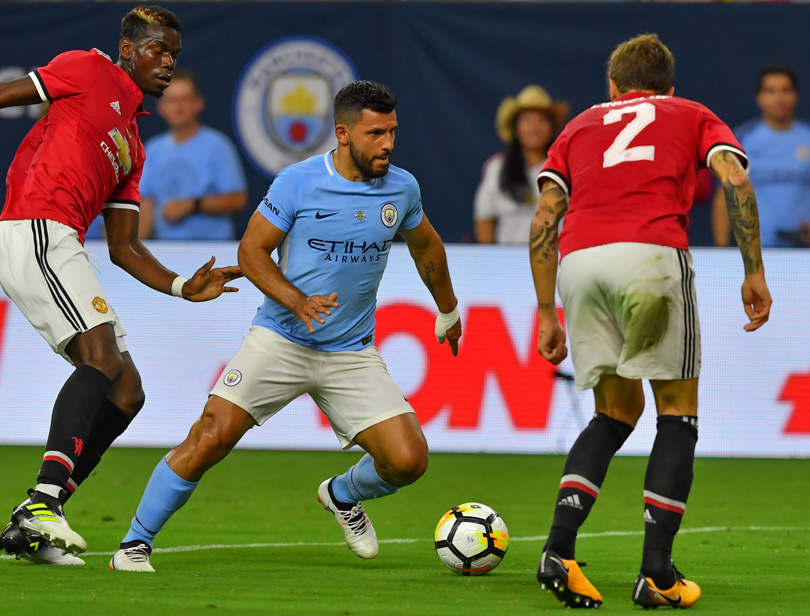
Weakness: Doubts remain about the constitution of their midfield, and new goalkeeper Ederson’s true value. City may be intimidatingly strong, but they’re not without their gaps - and, amazingly, they will start the season still being slightly dependent on Yaya Toure and his 34-year-old legs.
Manchester United
Strength: Their attacking variation. Wayne Rooney has been jettisoned, but Jose Mourinho has a wealth of options at the top of the pitch. Romelu Lukaku has joined, of course, and will compete with Anthony Martial and Marcus Rashford for the centre-forward role. Behind that frontline, Henrikh Mkhitaryan and Juan Mata offer two contrasting forms of creation. The combinations aren’t quite endless, but that group should provide a solution to most problems.
And they’ll have to: even with Zlatan Ibrahimovic available to them for most of last season, United scored just 54 league goals - one fewer than Bournemouth. Given the level of investment, that should be a source of acute embarrassment for Mourinho.
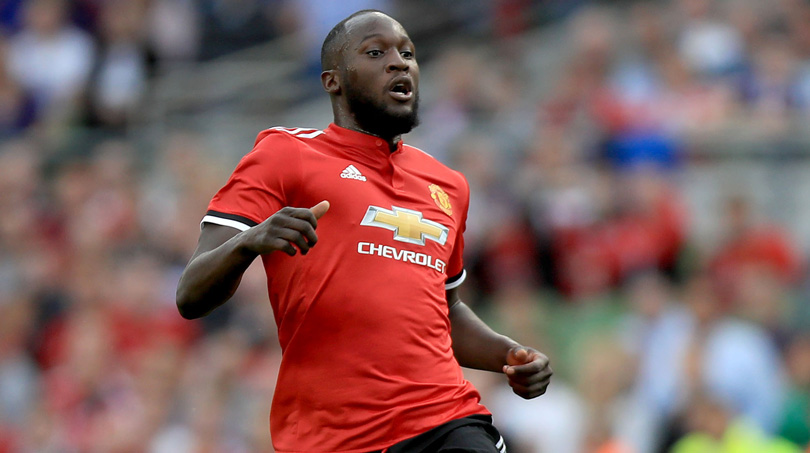
Weakness: Maybe the manager? Not tactically, of course, but Mourinho spent most of last season tripping over his own feet. His habit of castigating players in public and picking fights with rival managers, referees and the press seems to create more problems than he’s capable of solving.
The League Cup and Europa League were nice distractions, but Mourinho has brought a level of belligerence to Old Trafford which doesn’t seem sustainable.
Newcastle
Strengths: Rafael Benitez, unquestionably. He may have his detractors and certainly has a habit of rubbing some people up the wrong way, but Benitez is one of the game’s deepest thinkers and Newcastle will have to hope that he’s able to contort a thin squad in all manner of ways if they are to survive. He’s also politically savvy which, for obvious reasons, is a valuable trait in this part of the world.
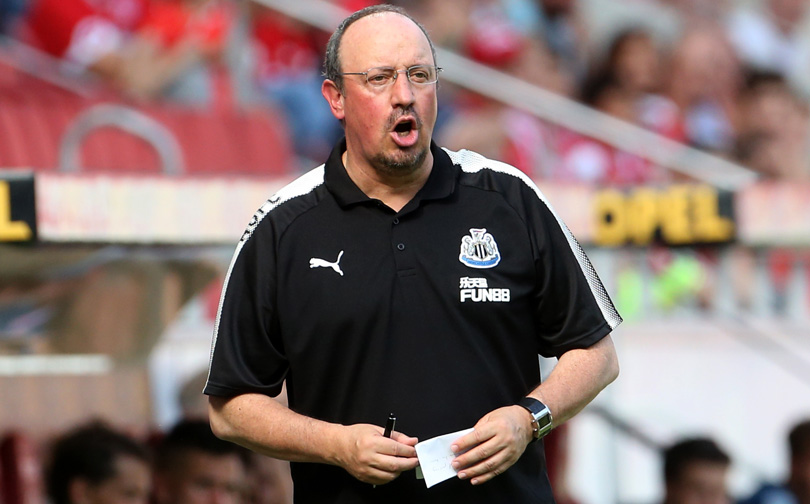
Weakness: The ownership. Of course it is, because already the sound of broken promises is leaking out of Tyneside. The squad has not been strengthened as Benitez was evidently assured that it would be and, unless something dramatic happens between now and the end of August, they will approach their first season back in the Premier League from a very weak position.
Yes, there’s a danger which results from making too many alterations and attempting to buy security creates its own problems, but Newcastle have failed to find the middle ground between stick and twist.
Southampton
Strength: Their flexibility. Southampton are a great success story and that’s primarily because they’ve been able to see trouble ahead. Last season was underwhelming and Claude Puel’s football was often anaemic, but they have a habit of changing manager without breaking stride.
Mauricio Pellegrino will inherit some issues, not least the disconnect between the side’s midfield and its forwards, but why - given the recruitment team’s track record - would anyone doubt that this is the start of another growth phase?
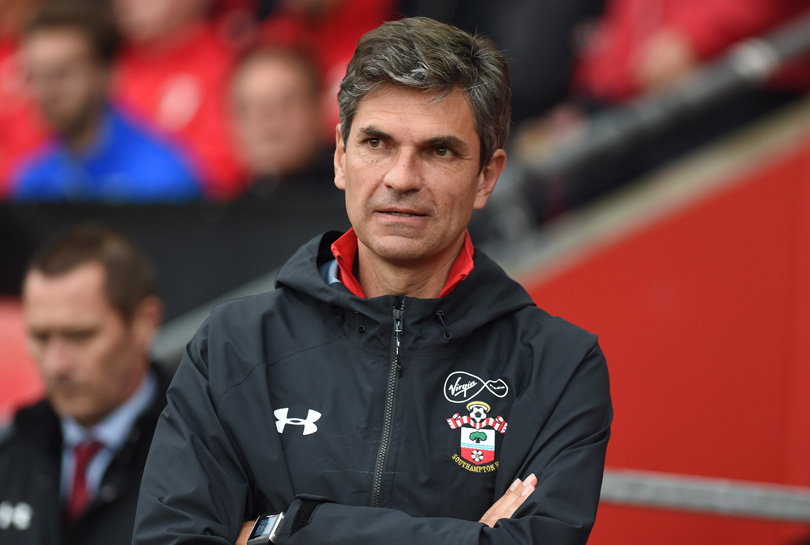
Weakness: Still, the absence of a true central playmaker is a concern. Manolo Gabbiadini is a fine finisher and he’s surrounded by some dynamic players, but the Italian needs a foil - or at least some support - and one hasn’t arrived (yet). Mario Lemina has joined from Juventus, for a club record fee no less, but his attributes will mainly be of value from deep and Pellegrino still needs an extra body at the top of the pitch.
Stoke
Strength: There isn't much to choose from, is there? There’s some background noise about the club potentially signing Andriy Yarmolenko, which would obviously be nice, but otherwise it’s been a quiet summer. The loss of Marko Arnautovic is also dispiriting - maybe descriptive, too, given that he chose to join a club who don’t outwardly offer anything particularly grand.
At a stretch, the defence remains relatively stable. Jack Butland is capable of becoming Joe Hart’s long-term successor in the national team, Glen Johnson, Erik Pieters and Ryan Shawcross all return, while it looks like Bruno Martins Indi is set to sign a permanent deal this month.
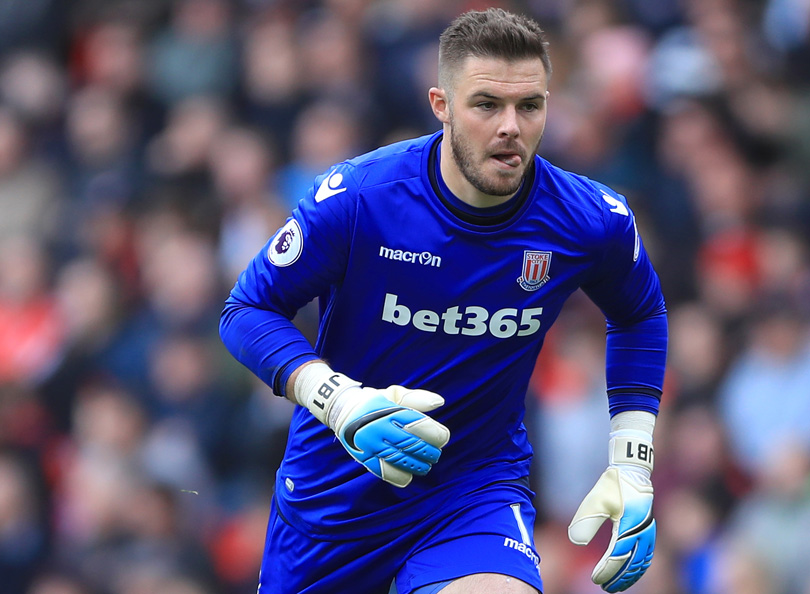
Weakness: The same again: all the weaknesses they had are worryingly familiar. Mark Hughes’ midfield has needed refreshment for several seasons and Darren Fletcher doesn’t offer that new life, while the lack of goals in the Premier League last year was troubling. Peter Crouch was the club’s top-scorer in 2016/17 and there’s nobody in the current squad who looks capable of reaching double figures - not even new signing Eric Maxim Choupo-Moting.
Swansea
Strength: Gylfi Sigurdsson will be a huge loss, but Spanish midfielder Roque Mesa is an interesting signing and, in Fernando Llorente, Alfie Mawson, Martin Olsson and Ki Sung-yueng, Swansea have retained some of their most important parts. The club have also added support in a few areas: Tammy Abraham bears enough comparison with Llorente to be considered a genuine back-up, which is an important development.
Perhaps, though, Paul Clement is their real strength. He certainly blended some necessary pragmatism into the club’s ideals upon arrival and, while retaining most of its aesthetics, the native style wasn’t quite as naive under his watch. Clement can be capable of mishaps - the game of many, many crosses against Middlesbrough last season being one - so his reign is cause for cautious rather than conclusive optimism.
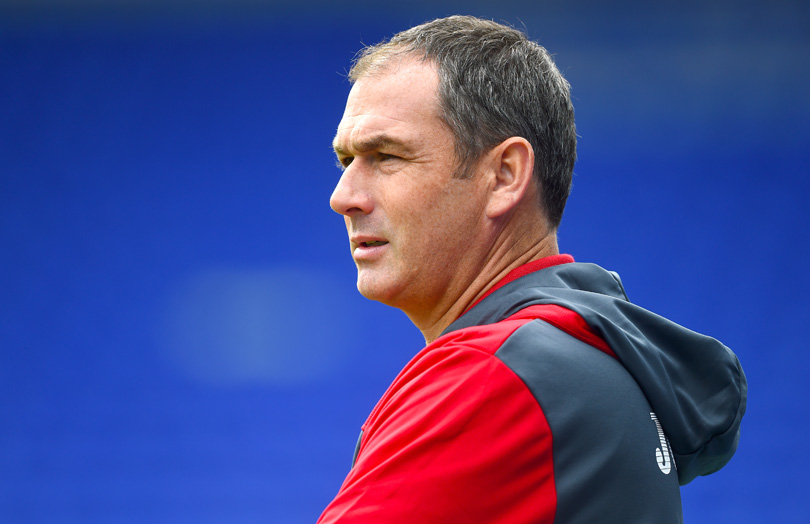
Weakness: Jordi Amat has left on loan and Federico Fernandez didn’t have a good season last year. Swansea needed to upgrade at centre-back and their failure to do that is a little baffling. Similarly, while Kyle Naughton played his part in the survival effort, there are better full-backs around.
Only Hull (80) conceded more goals than Swansea (70) in the Premier League last season, so the defence is still a major concern.
Tottenham
Strength: The first XI. If football was solely an 11-player sport, Tottenham would be considered among the title favourites. They’re talented, settled and have quality in every area. The Jan Vertonghen/Toby Alderweireld pairing is the best centre-back combination in the country, Mous(s)a Dembele and Victor Wanyama comprise probably the most balanced deep-lying midfield pairing, while Harry Kane is obviously an elite forward.
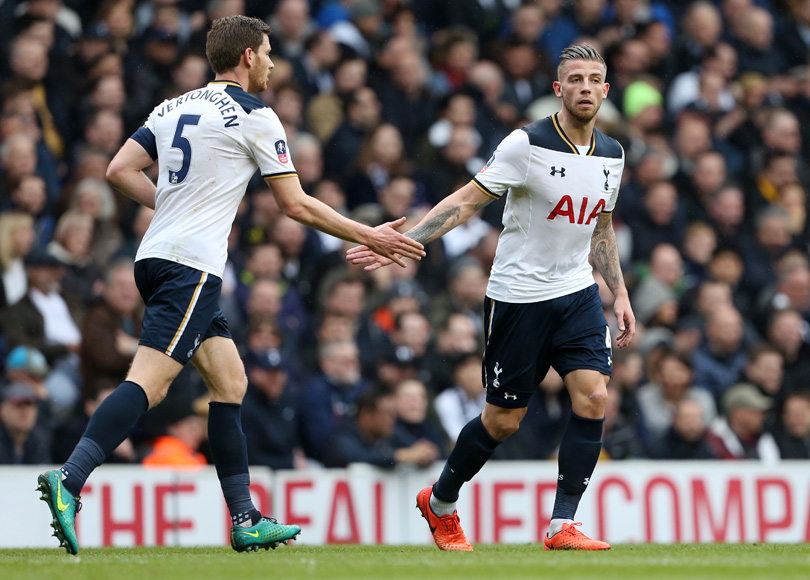
Weakness: The obvious: Tottenham have done nothing in the transfer window. The reasonable elements within their fanbase concede that the first team doesn’t require much investment (and that improving upon it under the current wage structure would be extremely difficult). However, the failure - or reluctance - to add any sort of depth will likely prove a serious error of judgement.
Watford
Strength: The new midfield, formed (at least in part) from Nathaniel Chalobah and Will Hughes, should be very productive. Those two players in particular will complement each other nicely and, because of their shared technical ability, should improve under Marco Silva. Pre-season predictions are always idealised and so - yes - Chalobah and Hughes could encounter growing pains at a new level, but for now both look like smart additions.
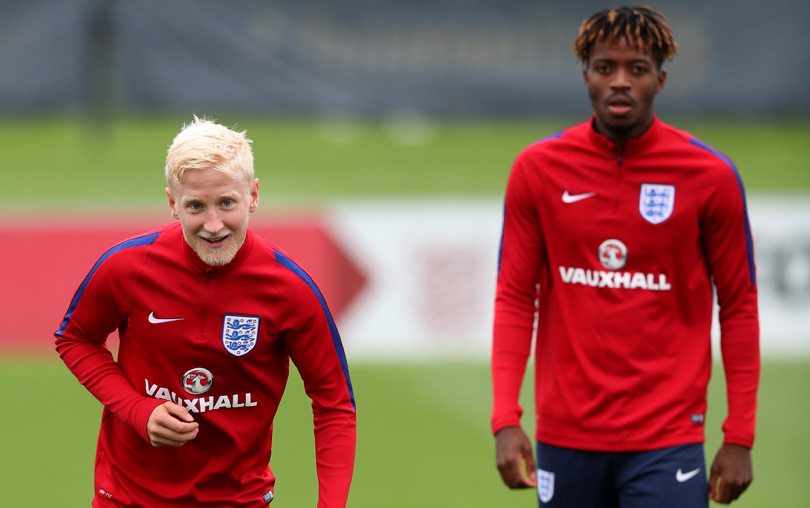
Weakness: Still the transience. Watford exist season-to-season and in both of their last two Premier League campaigns, have effectively signed off when they’ve assumed themselves safe. Silva was presumably given some assurances over the stability of his job, so maybe he’ll be able to cure the culture a bit.
He’ll need to. Nobody seems to have noticed, but Watford finished 17th last season and were very fortunate that Sunderland, Middlesbrough and pre-Silva Hull were so hopeless.
West Brom
Strength: Laugh away, but it’s Tony Pulis’s style of football. He may attract negative assumptions by the dozen, but how many other managers could take such an ordinary group of footballers - because, sorry, but that’s what West Brom are - and guarantee them Premier League safety? It’s not exciting, it’s not something which fires supporters’ enthusiasm, but it is impressive.
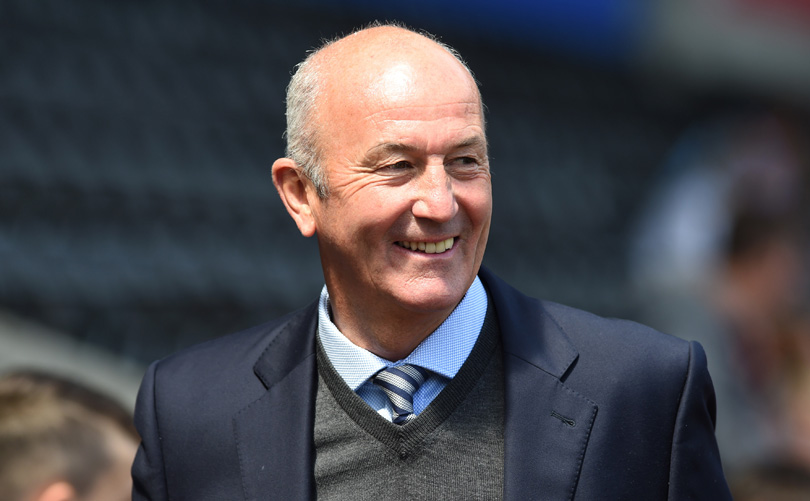
Add Jay Rodriguez to the ‘strength’ column, too: a cultured footballer who’s good in the air and will prove to be exactly the sort of attacking part that Pulis knows what to do with. A very good signing.
Weakness: The post-40-point blues. It’s the standing joke: as soon as a Pulis teams feels safe, their level of application falls through the floor. Last season, they didn’t win a single game between the middle of March and the end of May. That has to go, because as long as that mentality remains, the club are toughening their own glass ceiling.
West Ham
Strength: A growing maturity, seemingly. The difference in West Ham from a year ago is dramatic: there has been no shouting on social media, no look-at-us transfer culture and, a few errant tweets aside, very little negative PR. In its place has risen a calm, strategic approach to the transfer market which has systematically allowed the curing of long-standing weaknesses.
A new goalscorer, a much better goalkeeper, plus two strong Premier League performers in Marko Arnautovic and Pablo Zabaleta. For once, West Ham’s strength has been their recruitment.
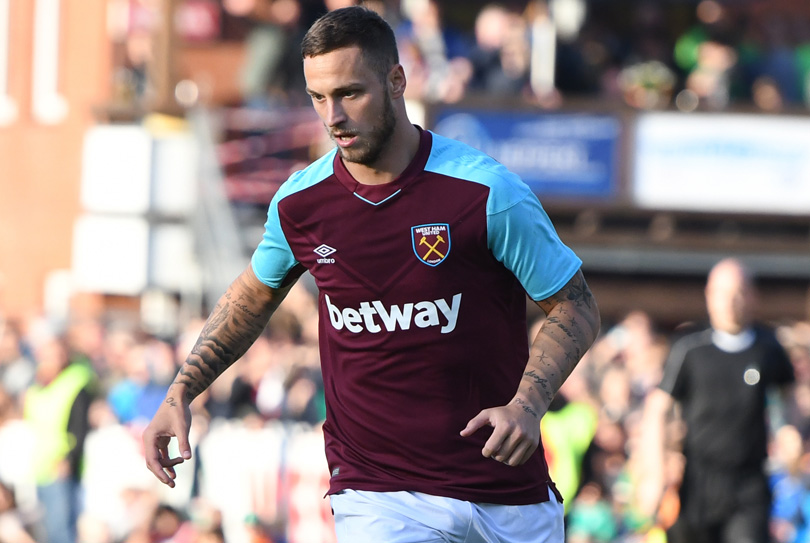
Weakness: It’s an unfair point, because clubs can’t be expected to tackle every issue they have inside a single window, but the lack of depth is still a concern. An injury to Cheikh Kouyate would cause significant issues in midfield, for instance, as would the absence of Winston Reid in defence.
There’s a month of window left, so maybe West Ham are still pursuing players, but the peril of having a thin squad is an annual problem in the East End and staff shortages could well undermine another season if they’re unlucky.
Now read...
Seb Stafford-Bloor is a football writer at Tifo Football and member of the Football Writers' Association. He was formerly a regularly columnist for the FourFourTwo website, covering all aspects of the game, including tactical analysis, reaction pieces, longer-term trends and critiquing the increasingly shady business of football's financial side and authorities' decision-making.
